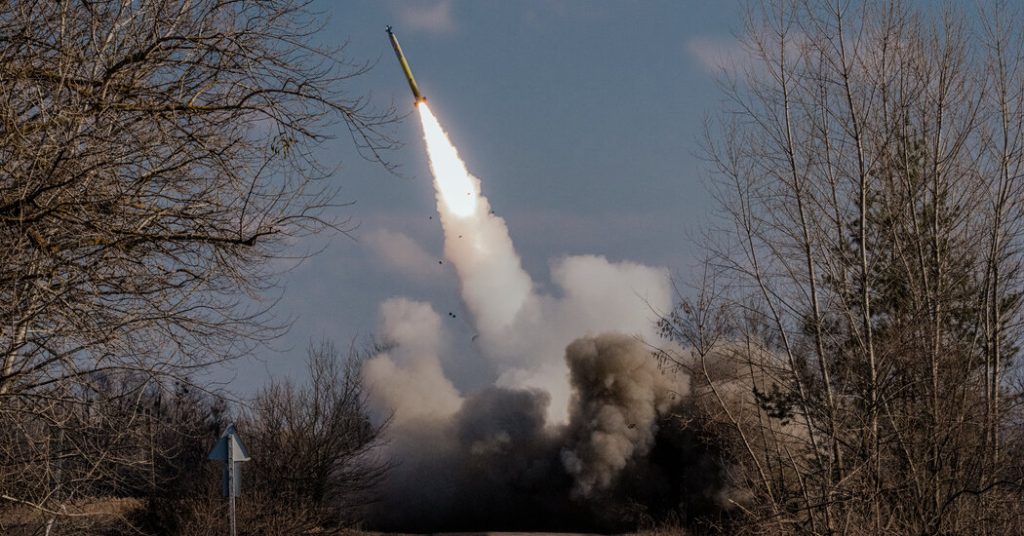As tensions escalate between Ukraine and Russia, a growing number of NATO allies are supporting Kyiv’s requests to allow its forces to conduct strikes in Russian territory using Western weapons. Canada recently joined at least 12 other countries in granting permission for the use of arms supplied to Ukraine against military targets over the border. However, the United States, the most important supplier of weaponry to Ukraine, remains hesitant due to concerns about provoking further escalation and risking drawing NATO into a wider conflict.
Ukraine’s urgent need to have the authority to strike inside Russia with Western weapons is apparent as Russia continues to amass troops near the border. Military analysts believe that targeting Russian troops, bases, airfields, and supply lines could provide immediate benefits to Ukrainian forces. However, Ukraine and its NATO allies are hesitant to move forward without U.S. approval as they would bear much of the burden of responding if Russia were to escalate against NATO territory.
Several NATO allies have granted permission for Ukraine to use their weapons in Russian territory, including Britain, Canada, France, Germany, and Poland. These countries argue that Ukraine has the right to defend itself and that arming Ukraine with the ability to target Russian military positions is justified. Others, such as the United States, Belgium, and Italy, are more cautious, expressing concerns about potential risks and destabilizing consequences of such actions.
If Ukraine is granted the freedom to strike inside Russia, it would have access to a variety of long-range missiles supplied by allies like Britain, Germany, and the United States. These missiles, along with ground-based launchers provided by several countries, could target Russian positions up to 190 miles away. The use of medium-range missiles and ground-based bombs could also enable Ukrainian forces to strike into Russia from distances of 50 to 90 miles.
The impact of allowing Ukraine to use Western weapons in Russian territory would be most significant in the air superiority aspect of the conflict. Allies providing jets and drones to Ukraine could potentially conduct attacks within Russian airspace, challenging Russia’s control over the region. While some countries like Denmark and the Netherlands may restrict their donated aircraft from flying over Russian territory, others like Poland and Turkey have provided support that could directly target Russian positions.
Overall, the decision to permit Ukraine to use Western weapons to strike inside Russia has complex implications for the conflict. While it could provide immediate military advantages to Ukrainian forces, there are concerns about escalating the situation and risking wider involvement in the conflict. As pressure from allies increases, the United States may reconsider its stance on the use of American-made weapons in Russian territory, potentially altering the course of the conflict in significant ways.


